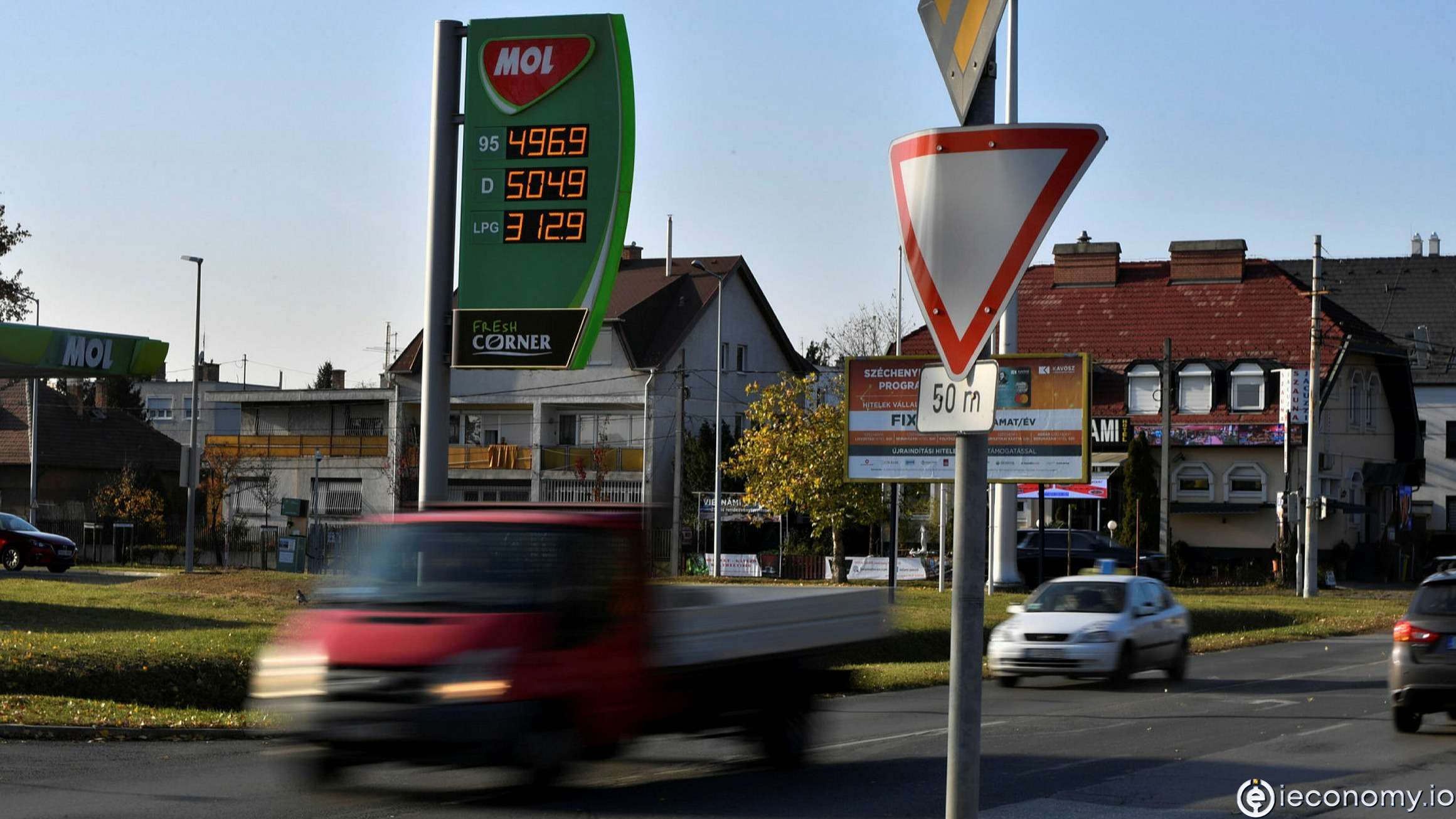6377
0
The Hungarian government is temporarily setting a fuel price cap
The Hungarian government is temporarily setting a fuel price cap to protect consumers from soaring prices and keep inflation under control.

Yazar: Tom Roberts
Yayınlanma: 14 Kasım 2021 02:44
Güncellenme: 22 Şubat 2026 00:17
The Hungarian government is temporarily setting a fuel price cap
The Hungarian government is temporarily setting a fuel price cap to protect consumers from soaring prices and keep inflation under control. This was announced by the head of the office of Prime Minister Viktor Orbán. European Union rules allow such a step. The Croatian government extended the so-called capping of fuel prices by a month on Thursday. Reuters said that in the case of Hungary, this was another protectionist step by the government before the upcoming elections. From 15 November, gas and diesel prices cannot exceed 480 forints per liter for three months. Now prices in many places exceed 500 forints. In Croatia, prices have been capped since October 16. Gasoline can be sold at petrol stations for a maximum of 11.10 kuna per liter, diesel for 11 kuna per liter. However, the extension only applies to standard fuels, not better ones. Croatian retailers have complained that better fuels should not be covered by the ceiling due to the losses they cause to their business. It has not been possible to buy better quality fuels at many petrol stations in the last 30 days. "We hope that this will help the economy, it could also help reduce inflation," said Gergely Gulyás, head of the Hungarian Prime Minister's Office. Orbán has been in power since 2010, with parliamentary elections scheduled for April next year. The opposition, encouraged by the good results in the local elections in 2019 and also by favorable polls, decided to form a joint coalition, even though it contains ideologically very disparate parties from the Greens, socialists and liberals to the right-wing Jobbik. They are united by the desire to remove the power of Orbán, who is leading disputes with the European Union over migration or policy towards sexual minorities, writes Reuters. The shares of the oil and gas company MOL fell by more than six percent to the lowest value in a month and a half after the announcement of the planned measures. MOL spokesmen have so far declined to comment on the government's decision. According to data from the beginning of this week, the inflation rate in Hungary rose to 6.5 percent in October. That is more than expected. The growth of fuel prices by 30.7 percent contributed to this. The Hungarian central bank began raising its key interest rate in June. In September, however, the pace of tightening slowed. According to some economists, it will significantly increase the main interest rate at its next meeting, which is next week, in order to reduce inflation and support the forint. Today, it fell to the euro in two weeks at the lowest. According to European Union rules, the government can cap fuel prices for a maximum of 90 days. It can then use other instruments, such as reducing the excise duty on motor fuels, but this would have a negative impact on budget revenues.İLGİLİ HABERLER





European stocks soared and focus shifted to German retail sales after Powell's speech!

Forex Signal For TRY/USD: Inflation Slowdown in November.

Forex Signal For GBP/USD: Bullish Trend Still Not Breaking While Recovery Continues.

Forex Signal For EUR/USD: Starry US Data Points to Higher Fed Increases.

Forex Signal For BTC/USD: Downside Continues as Bitcoin Recovery Moves Less.
En Popüler Haberler
Yorum Yap
Yorumlar
Henüz yorum yapan yok! İlk yorumu siz yapın...